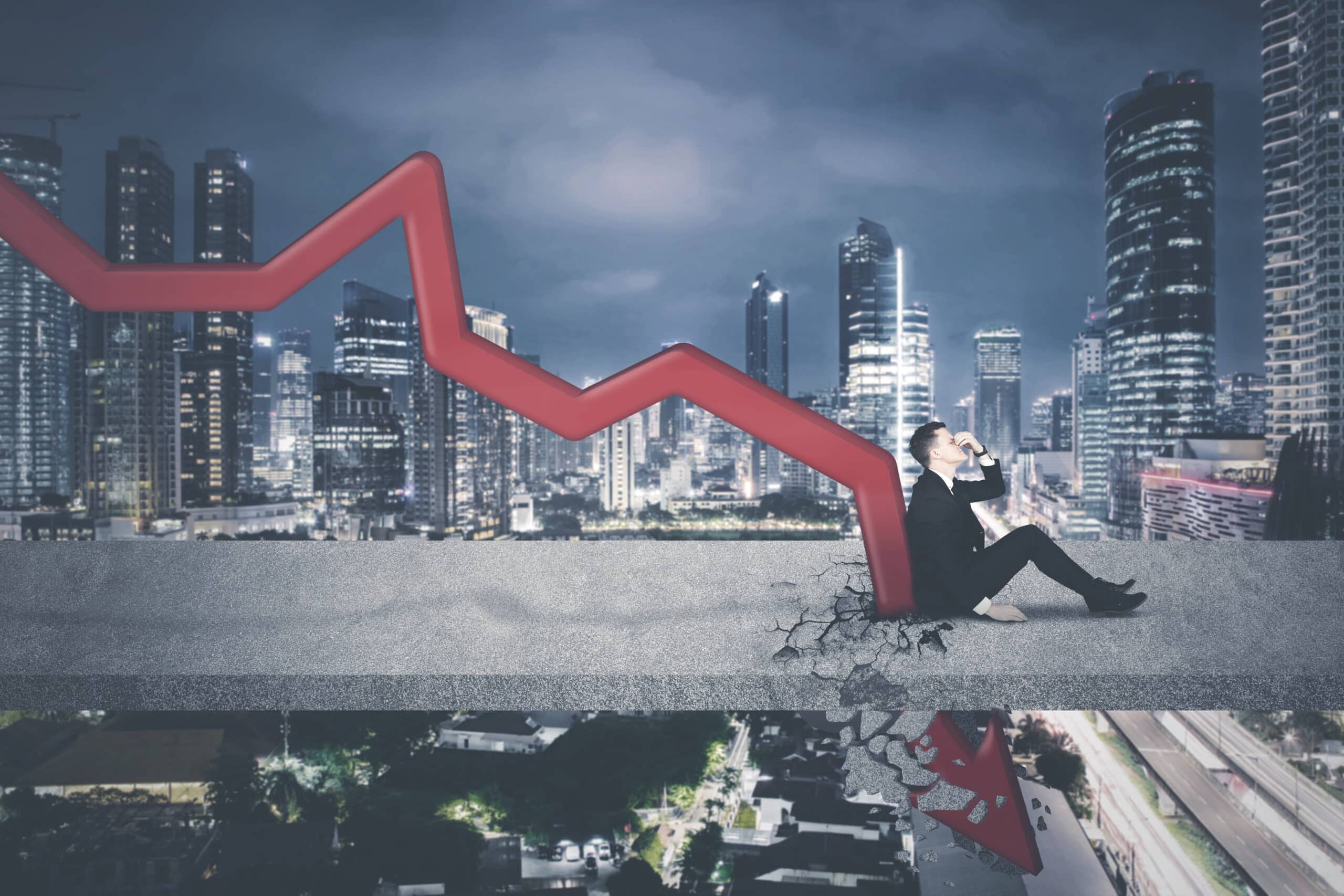The average life expectancy of American men declined to 76.1 years, while the difference is small what sticks out is that it has declined every year since 2014 which is a troubling sign as more men are succumbing to deaths of despair.
“The recent increases were especially pronounced among men aged 25–34 and 35 -44,” the NCHS report noted. “From 2013 to 2017, the drug overdose death rate increased by an average of 18.5% per year among men aged 25–34 and by an average of 18.8% per year among men aged 35–44.”
The rising mortality rate is explained in part by rising death rates due to drug overdoses, suicides, as well as alcohol related deaths and diseases. The mortality rate is also partially explained by the theory of different health outcomes for richer and poorer households, which is an issue that has been exacerbated by the rising income inequality in America.
But this life expectancy change is not hitting all men the same as research suggests that college graduates are living longer than before. Because some are living longer the small shift in life expectancy actually masks the scale of the problem, such as the percentage of American men dying from drug overdoses has doubled over the past 10 years.
Having a college degree does not somehow magically give anyone a clean bill of health. American healthcare is very expensive, as a result an increasing amount of middle class and poorer Americans are delaying or even totally skipping medical checkups and treatments that those with a better job afforded by the degree have the means to obtain. Wealthier Americans are more likely to live longer than those in the middle and lower classes; being poor is hazardous to your health.
“Numerous studies have shown the rising importance of education to health and longevity,” Isaac Sasson told Medical Research. “In addition to being a marker of socioeconomic status, educational attainment confers tangible rewards, both intrinsic and extrinsic, which are linked to healthier lifestyles and better health outcomes.”




